Last Updated: August 12, 2025
Monica Seles and 7 Sports Legends Who Fought Battles You Never Saw on the Court
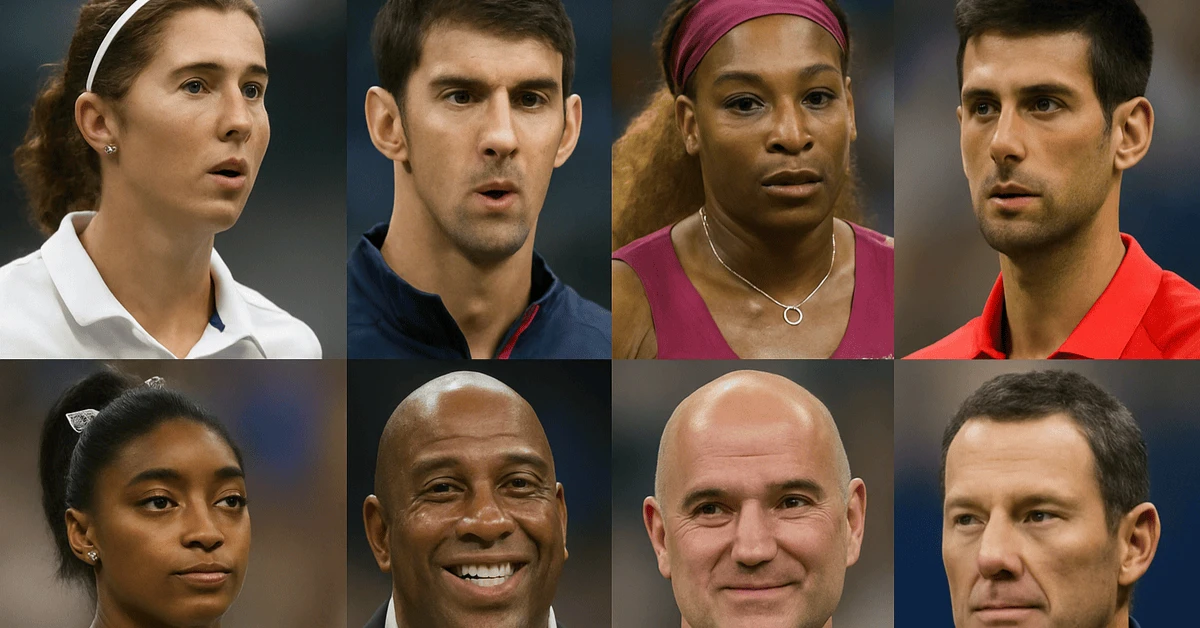
Sports fans often see only the victories, trophies, and celebrations. But behind the bright lights, some of the greatest athletes have fought hidden battles—physical illnesses, mental health struggles, and life-threatening conditions—that tested their strength far more than any opponent. This is the story of Monica Seles and seven other sports legends whose greatest wins came off the court, field, or pool.
1. Monica Seles – Myasthenia Gravis & Trauma
Monica Seles was one of the brightest stars in tennis during the early 1990s, dominating the women’s game with her aggressive style. In 1993, during a match in Hamburg, she was stabbed by a spectator, forcing her to take over two years away from the sport. Later in her career, Seles was diagnosed with myasthenia gravis, a rare autoimmune disease causing severe muscle weakness. Her ability to return and continue competing showed the world that resilience is as important as skill.
2. Michael Phelps – Depression & Mental Health Awareness
Olympic swimming legend Michael Phelps is the most decorated Olympian of all time, but behind the gold medals was a battle with depression. After retiring briefly in 2012, Phelps revealed that he had struggled with suicidal thoughts. He later became a vocal advocate for mental health, inspiring countless people to seek help.
3. Serena Williams – Life-Threatening Health Scare
Serena Williams faced a pulmonary embolism in 2011 and again after giving birth in 2017. The condition could have been fatal, yet she returned to tennis both times, reaching Grand Slam finals and cementing her status as one of the sport’s greatest fighters—on and off the court.
4. Novak Djokovic – Celiac Disease
Novak Djokovic was plagued by breathing issues and fatigue early in his career. After discovering he had celiac disease, Djokovic adopted a strict gluten-free diet. This change transformed his fitness, allowing him to dominate men’s tennis for over a decade.
5. Simone Biles – Mental Health & Pressure
Gymnastics superstar Simone Biles withdrew from multiple events at the Tokyo 2020 Olympics, citing mental health struggles and a condition known as “the twisties,” which causes spatial disorientation. Her openness sparked global conversations about the importance of mental health in sports.
6. Magic Johnson – HIV Diagnosis
In 1991, NBA legend Magic Johnson shocked the world by announcing he had contracted HIV. At the time, it was considered a death sentence. Johnson’s survival and advocacy helped change public perception of HIV/AIDS and encouraged research and awareness worldwide.
7. Andre Agassi – Back Pain & Addiction
Andre Agassi’s tennis career was marked by triumphs, but his autobiography revealed hidden struggles with chronic back pain and a battle with crystal meth addiction. His honesty in sharing these challenges added a human layer to his legacy.
8. Lance Armstrong – Cancer Survivor
Before his fall from grace over doping, Lance Armstrong survived an advanced case of testicular cancer that had spread to his brain and lungs. His comeback to win multiple Tour de France titles (later stripped) remains a story of extraordinary physical recovery, even if his sporting achievements were tarnished.
Final Thoughts
These stories remind us that athletes are human beings first. Their battles off the court often require more courage than anything they face in competition. Whether it’s illness, mental health struggles, or personal trauma, the fight for life and well-being is the ultimate championship.
FAQs
Q1: What health condition does Monica Seles have?
Monica Seles was diagnosed with myasthenia gravis, a chronic autoimmune disease that causes muscle weakness and fatigue.
Q2: How did Monica Seles’ stabbing incident affect her career?
In 1993, Seles was stabbed during a match in Hamburg, Germany. She took over two years off from professional tennis to recover physically and emotionally.
Q3: Which athletes in the list have spoken openly about mental health?
Michael Phelps, Simone Biles, and Andre Agassi have all shared their struggles with mental health to raise awareness and inspire others.
Q4: How did Novak Djokovic manage his celiac disease?
Djokovic changed his diet to be entirely gluten-free, which significantly improved his health and performance on the court.
Q5: Has Serena Williams returned to tennis after her health issues?
Yes, Serena Williams made multiple comebacks after her pulmonary embolism and childbirth complications, winning more titles and competing at the highest level.
You May Also Like:
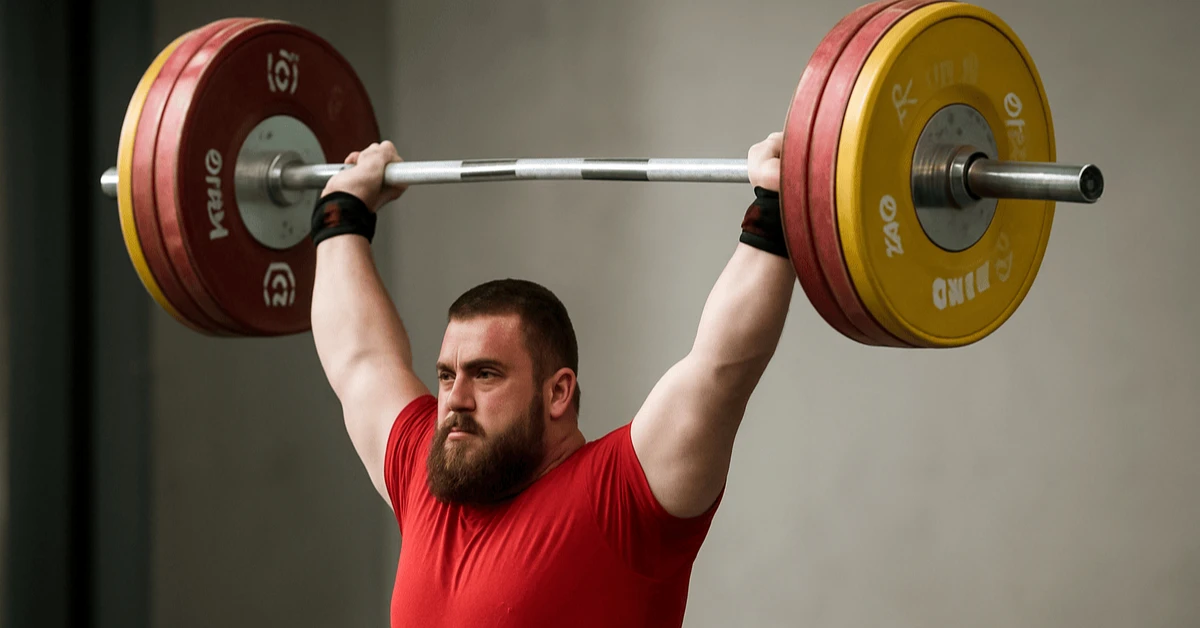
Why This Tiny Country Keeps Producing the World’s Strongest Athletes...
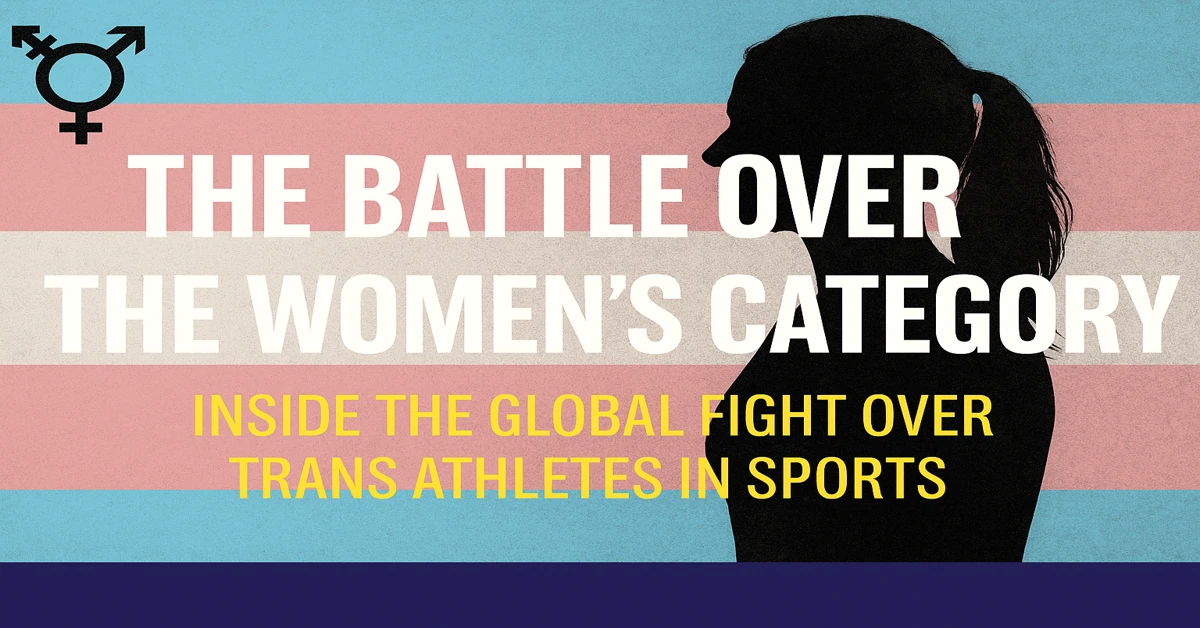
The Battle Over the Women’s Category: Inside the Global Fight Over Trans Athletes in Sports...
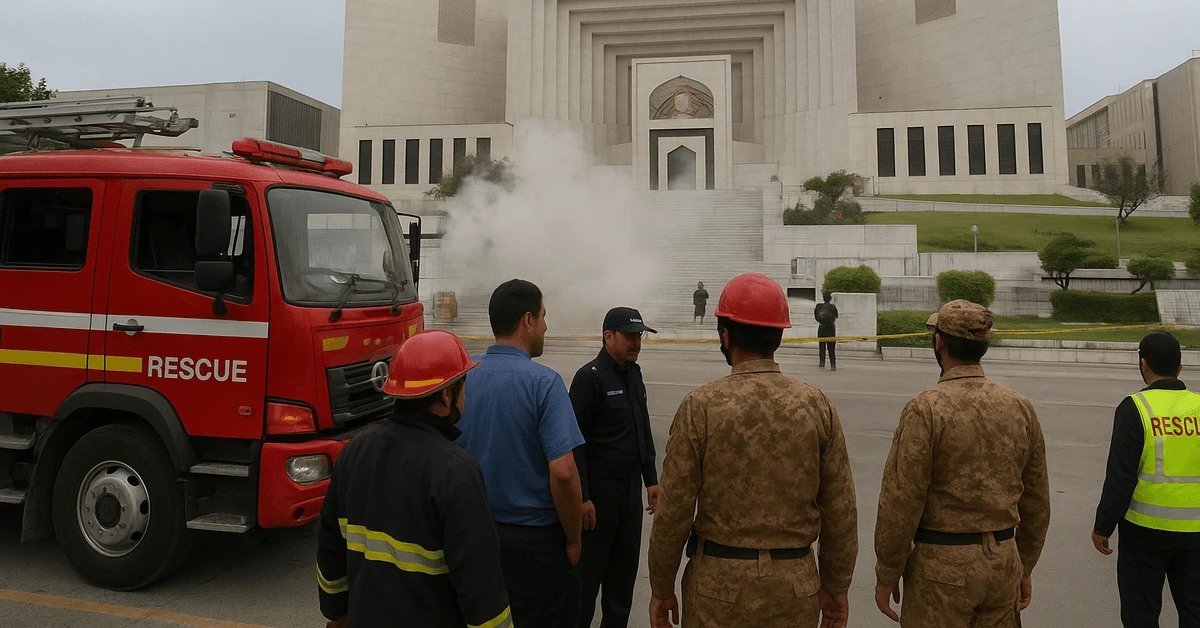
Cylinder Explosion at Supreme Court Pakistan: What Happened Today...

From Serena to Steffi: The Top 10 Female Tennis GOATs Who Dominated the Court...

Islamabad Suicide Blast 2025: Massive Explosion Near G-11 Court, What We Know So Far...
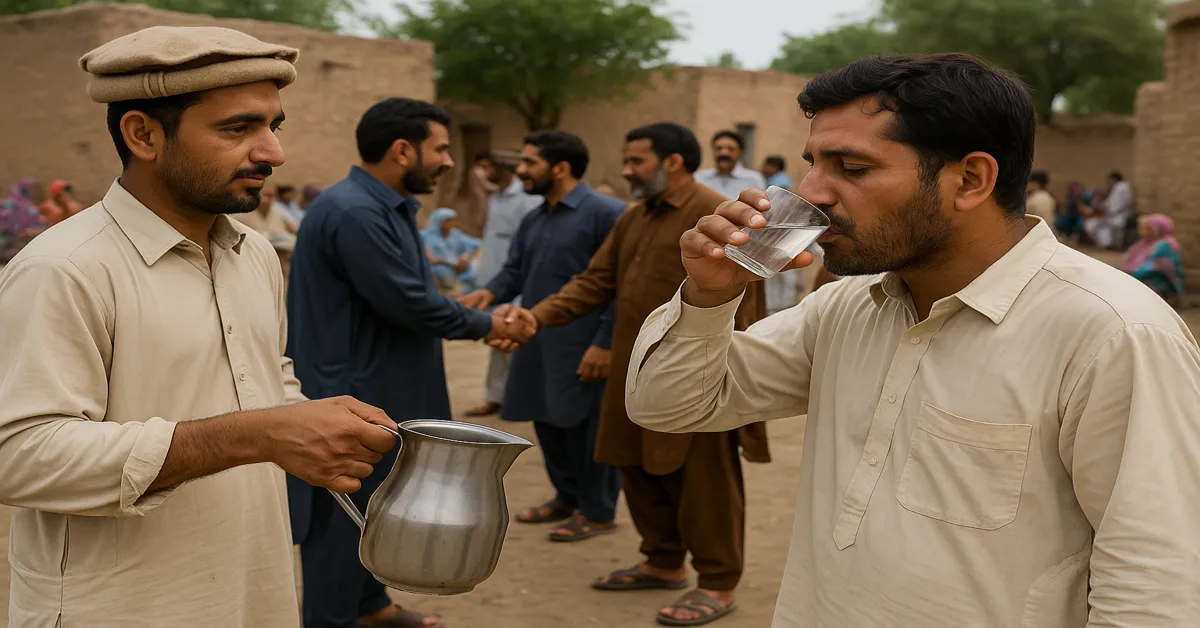
Hidden Health Hazards in Village Gatherings: How Shared Glasses and Unwashed Hands Spread Disease...

The Hidden Reason Why Cricket Is Losing Young Fans Worldwide...

